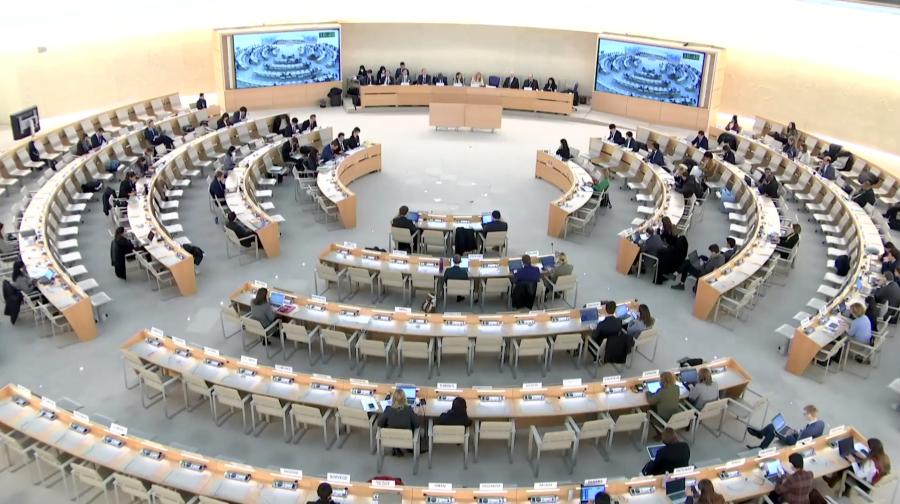On December 16th and 17th, 2000, I was invited by the Ainu People of the Kansai and Tokyo area to participate with them in a ceremony that had not been performed in over 25 years. This occasion was precipitated by a proposal submitted to them by Cultural Survival, entitled "The Ainu Oral History Project." Mrs. Ukagi and her brother Mr. Haruzo Urakawa, both traditional elders and leaders of the Ainu people in Japan, organized the ceremony.
Mrs. Ukagi has held her people, traditions, and culture together over the last 50 years and is a respected member of her community. Her brother, Mr. Urakawa, is the last remaining possessor of the "Ainu Sword of Authority," which has been handed down in secret from generation to generation as symbol of leadership. He is a man schooled in the ancient teachings of his people and is well versed in traditional Ainu wisdom, including plant medicine, animal relationships, and ceremonial initiations to the Ainu spirit world.
The ceremony was held about 100 kilometers east of Tokyo in a mountainous area where Mr. Urakawa had constructed a traditional Ainu center. My intention in attending this event was twofold: I wanted to show my solidarity and commitment to the Ainu people and share with them their spirituality, and I wanted to have the opportunity to meet the Ainu, face to face, and explain in detail Cultural Survival's project on Ainu Oral History. The ceremony involved the preparation over three weeks of a rice-based ceremonial drink and the offering of this drink, together with other foods, to the Ainu Spirits and Gods. The ceremony began with an invocation to the God of Fire, whom the Ainu consider to be the main or principal God. Other invocations were then made to the Gods of Earth, Wind, and Water. The ritual lasted about two hours, but Mr. Urakawa explained that he had shortened this one (which would usually take six or seven hours) out of consideration for the foreign guests.
Although the Ainu have been pushed into a precarious situation as regards their way of life, they have held onto some of their ceremonies and have succeeded in guarding the most precious of their traditional ways. Our hope is that the Ainu Oral History Project will further this goal.
Article copyright Cultural Survival, Inc.

